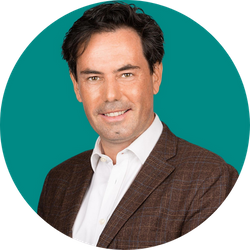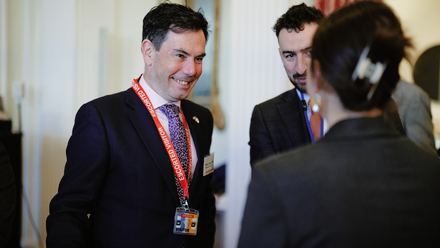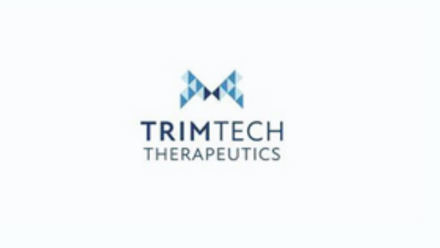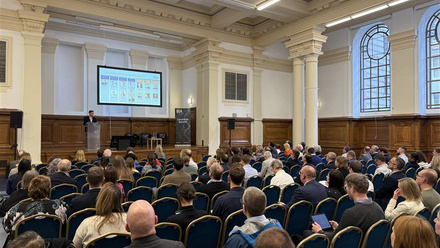CEO Update - 3 June 2024
EyeBio bought for up to $3 billion
MSD Merck announced last week their plan to acquire EyeBio for a $1.3 billion upfront payment and up to $1.7 billion in future milestone payments for a potential value of $3 billion. This is a stunning example of the returns available for investors in UK life sciences. EyeBio’s seed investor was Kate Bingham’s SV7 Impact Medicine Fund, a UK venture capital fund formed in 2019. EyeBio has raised just $130 million since being founded in 2021. “To end up with $1.3 billion upfront in less than two years is astonishing,” Kate Bingham told the FT. For our sector, it's vital that we continue to tell the story of investment returns we deliver.
For those whose ears are now pricked up by seeing the money, the good news is that there are plenty more UK companies with pioneering life science technology in development.
MSDs acquisition of EyeBio is also good news for people with diabetic macular edema and neovascular age-related macular degeneration as clinical trials are showing the promise of EyeBio’s new candidates for the prevention and treatment of vision loss associated with retinal vascular leakage, a known risk factor for retinal diseases.
Taking calculated risks is what enables big success and oversize returns in life science - growth and rewards that cannot be delivered by a tracker or burying-in-the-ground approach.
ASCO and BIO
Much of our community is focused on two big American conferences this week ASCO (for oncology) and BIO (this year in San Diego). Ahead of ASCO the success of genetic sequencing as a technology that underpins cancer screening has been demonstrated by the Institute of Cancer Research trial that has sought to monitor and understand relapse in patients who have breast cancer. The new ultra-sensitive blood test effectively predicted the recurrence of breast cancer, months or even years before relapse.
The larger point here is that it's just one of the ways in which next generation sequencing will underpin new precision medicine in cancer – and this is an area where the UK has all the jigsaw pieces to lead the world. We have great companies, charities, institutes and trial capabilities, and we also have great manufacturers developing the next generation of sequencing that allows for more detailed, long reads enabling an understanding of through-life epigenetic changes.
All reasons why the UK contingent at BIO in San Diego can have a spring in their step in their partnering and business development meetings this week.
Also happening at BIO was the Annual Meeting of the International Council of Biotechnology Associations (ICBA), with Martin Turner representing the BIA. This key meet brings together our global community to discuss global issues like AMR and treaties being negotiated at the WHO, WTO and WIPO, and is always a fascinating opportunity to hear what biotech policy topics are hot at a national level around the world. Keep an eye out for outcomes from BIO in next week’s Newscast.
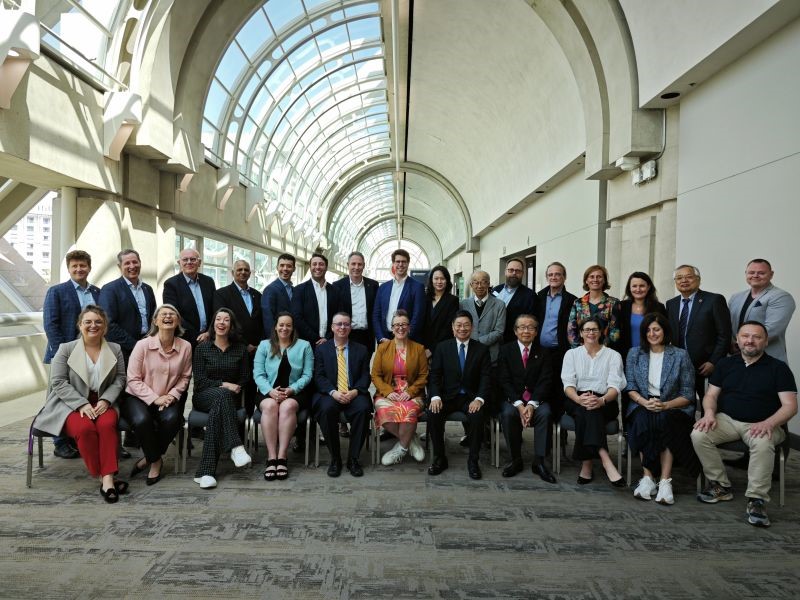
Brandon Capital announce sixth fund
One announcement there that I was particularly struck by was that Brandon Capital, Australasia’s leading life sciences venture capital firm, announced the launch of its sixth fund, Brandon Capital Fund VI, with an initial close at A$270 million (US$180 million).
This new fund will support the growth of Australian and New Zealand life sciences startups, invest in scaleups, and expand Brandon Capital's international presence. Jonathan Tobin, Partner of Brandon Capital is based in London and said, “With the new Fund, we will continue to support and build our international portfolio. Brandon Capital has built several exciting European biotechs from our last Fund, including successful start-ups Myricx Bio, Pathios Therapeutics, NRG Therapeutics and Pheon Therapeutics; and scale-up rounds including Catalym and AstronauTx.”
And from a policy angle, it's interesting that this Australian Fund is backed by existing investors, including Australian superannuation (pension) funds, as well as new investors. As they say down under, the returns from life science investing for pension funds are fair dinkum fantastic. It’s a story I’ll be telling at the Mayor of London’s coffee house colloquy this week to our own British pension industry. If you are not in life sciences, you are missing out.
General Election campaign - unexciting
As you can see, I’ve prioritised the exciting news coming from the sector over the UK General Election campaign where we are yet to see much from the parties that is of direct relevance to our sector. The battlegrounds of economic competence and the future of the health service have delivered little new of substance (largely in line with expectation). With candidate selection now completed (you may have seen that Nicky Edwards formerly of the BIA is standing in North Devon), we look forward to the first leaders' debates and publication of manifestos.

